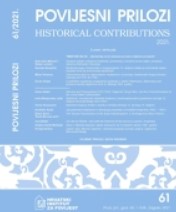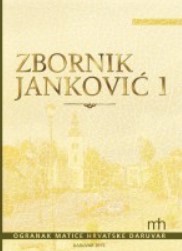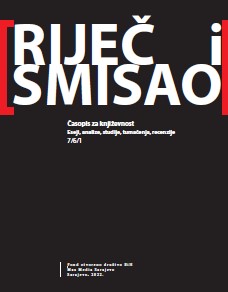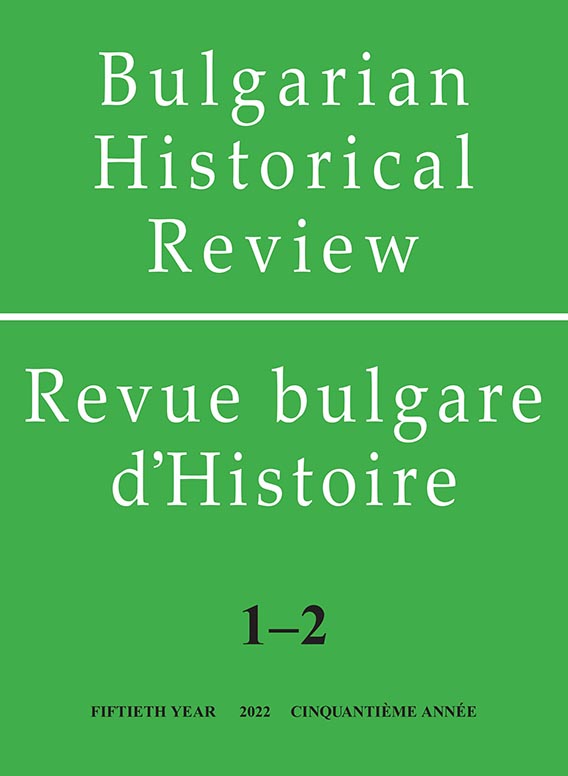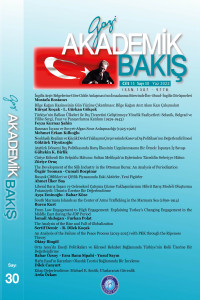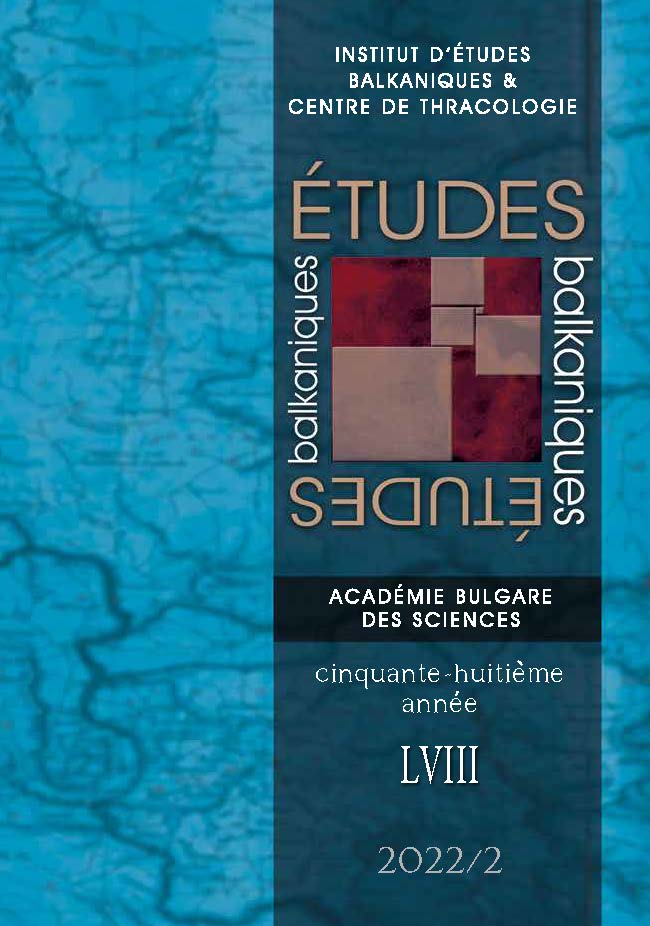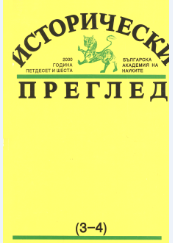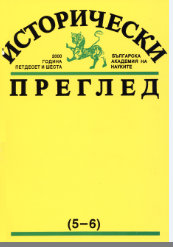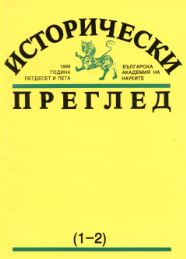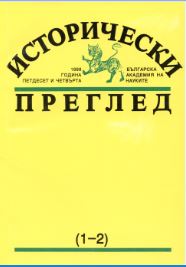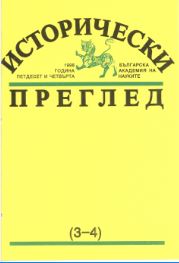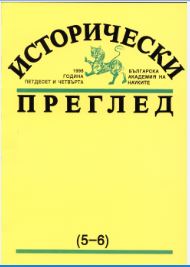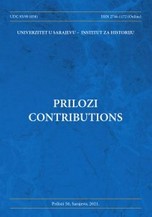
O karakteristikama nacionalnih ideologija kao činitelja u političkom i društvenom razvitku Bosne i Hercegovine
The article presents the emergence and development of national ideologies in Bosnia and Herzegovina in historical course from the fall under the Ottoman Empire to the acquisition of state independence as a formative factor of social and political relations. Being a space of contact and influence of two religions and three confessions, Bosnia and Herzegovina had been a crossroads of national interests and the interests of the great powers in the past. Such a political context influenced the formation of national ideologies. With comparison of goals, the constant opposition of Serbian and Croatian national ideology as well as national concepts of Muslims/Bosniaks was obvious. Through analytical insight in national ideologies the characteristics of these ideologies - the appropriative Serbian, resentimental Croatian with expansionistic elements and the defensive nature of Bosniak ideology was determined. These findings of characters and goals of three national ideologies explained the continuity of national conflicts and divisions in Bosnian society. The opposition of national ideas and goals both in the past and today (long-lasting structure) had a decisive impact on social and political relations in Bosnia and Herzegovina.
More...
